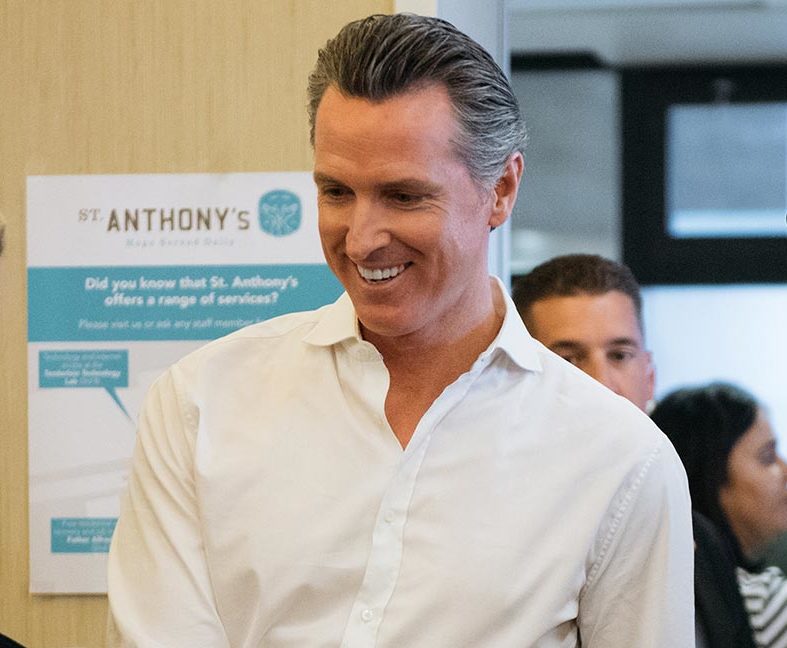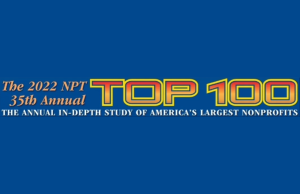California Gov. Gavin Newsom vetoed a bill that would have changed how charities are allowed to value gifts in-kind (GIK).
A.B. 1181 easily passed the Assembly in the spring and was approved by the Senate last month before heading to the governor’s desk. The bill was sponsored by Assemblywoman Monique Limón (D-Santa Barbara) with the support of Attorney General Xavier Becerra, also a Democrat, who has been active suing charities regarding their valuations in recent years.
In a letter to members of the California State Assembly on Saturday, Newsom explained why he was returning the bill without his signature. While he commended the attorney general for actions to “hold charities accountable when they mislead donors and the public,” the governor was concerned that the bill may “pose burdensome implementation challenges for the charities impacted by its provisions.”
The legislation would have required charities to report the value of specific in-kind donations using the fair value of the end recipient market, which in many cases could be donated pharmaceuticals distributed in other countries. “Such a requirement would be unique to California,” the Democratic governor wrote.
“I agree with the Attorney General that overvaluation is a problem, and my Administration is open to exploring less burdensome ways to address the issue,” Newsom concluded in his letter.
Nonprofit advocacy groups and accounting associations raised similar concerns about the legislation, fearing that it would undermine Generally Accepted Accounting Principals (GAAP) already followed by charities and also create the need for another set of accounting and filings to comply with California. Several dozen charities involved in disaster relief and other overseas efforts signed on to a letter opposing the legislation and urging the governor to veto the measure. The issue of valuation often is raised when it comes to in-kind donations of pharmaceuticals.
Becerra has been locked in litigation with three large in-kind charities — Catholic Medical Mission Board, Food For the Poor and MAP International — after they challenged cease-and-desist orders he sent them last year. He sued Aid for Starving Children earlier this year after misrepresentations in its charitable solicitations and in reports filed with the attorney general’s office.
Becerra also settled with Giving Children Hope, which had created two subsidiary companies that purchased drugs from a European wholesaler for $255,000, then donated the drugs to the parent charity, which reported the value at almost $35 million, using U.S. drug prices instead of the actual price paid by subsidiaries.










